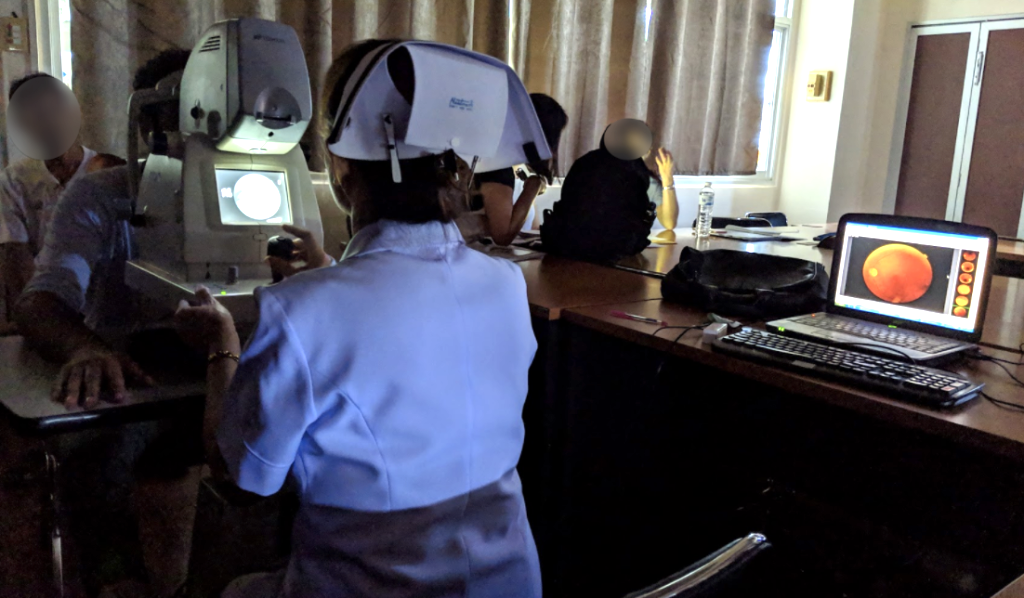
The gulf between the technical brilliance claimed for Google's deep learning model and its real-world application points to a common problem that has hindered the use of AI in medical settings.

7 day online interactive course with vertical, thematic focus on tools and methods of behavioral design for cultural change to tackle societal challenges

It wasn't just technical work but also significant social and emotional labor that turned Sepsis Watch, a Duke University deep-learning model, into a success story.
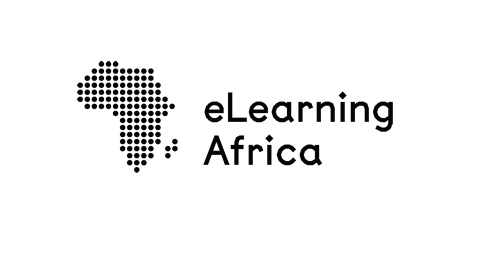
This report, and the survey findings behind it, provides a unique insight into the perspectives of EdTech experts regarding the impact of the Covid-19 pandemic on education in Africa. It is based on the findings of a survey of the eLearning Africa network, which attracted approximately 1650 responses from respondents in 52 countries in Africa.
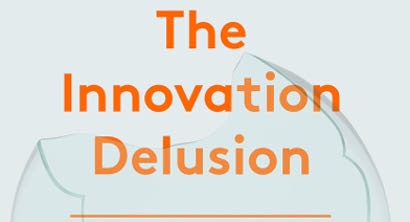
The authors offer a compelling plan for how we can shift our focus away from the pursuit of growth at all costs, and back toward neglected activities like maintenance, care, and upkeep.
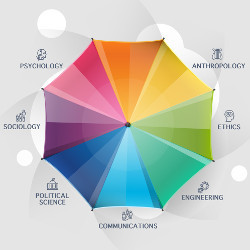
This article argues [that] the well-publicized social ills of computing will not go away simply by integrating ethics instruction or codes of conduct into computing curricula. The remedy to these ills instead lies less in philosophy and more in fields…

Published before global movement drew largely to a halt, before the majority of the earth's human population was shut indoors and before words like "virus" and "pandemic" proliferated, this curated collection is today far more than timely.
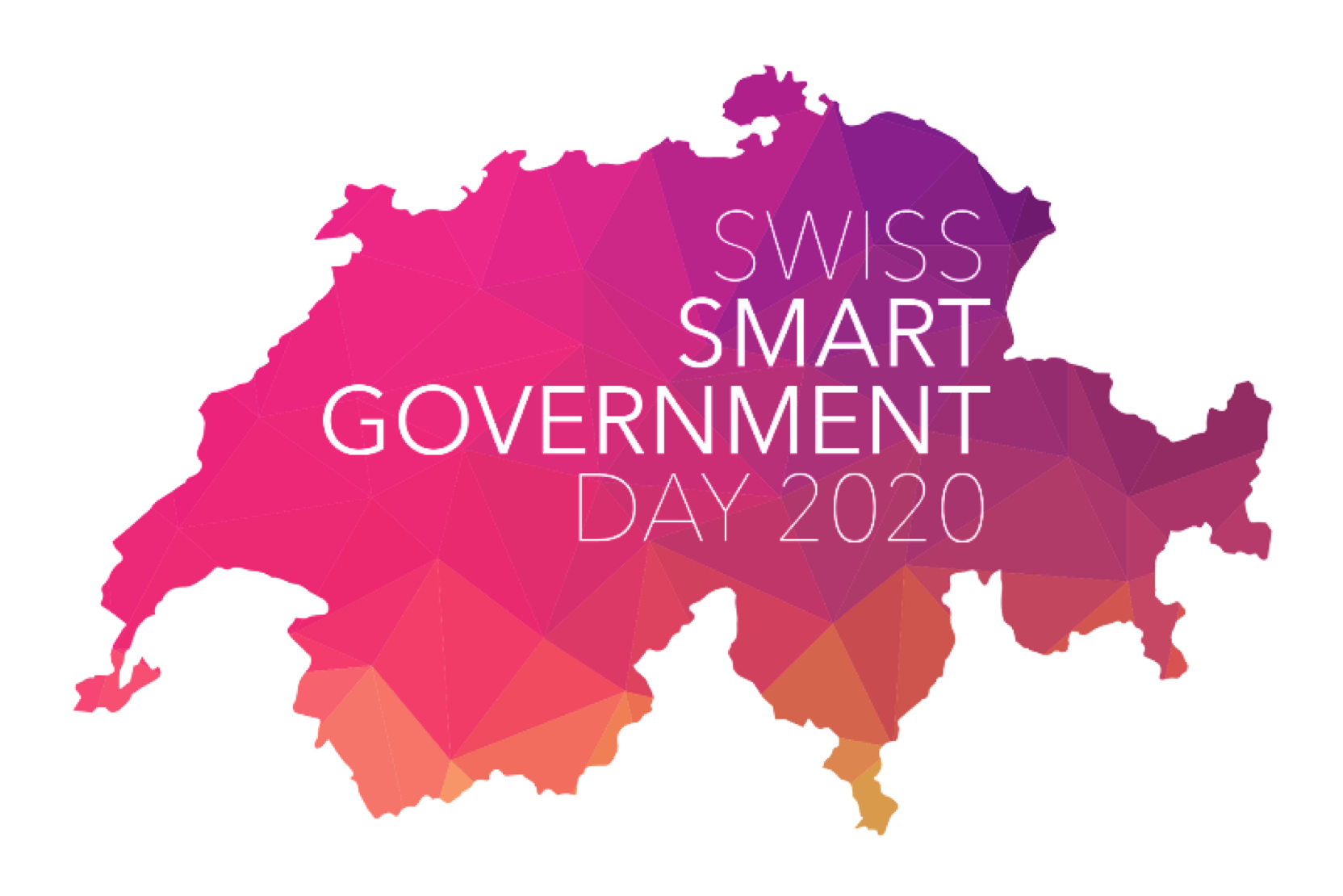
Experientia's partner Jan-Christoph Zoels and our Swiss collaborator Thomas Schertenleib will be leading the process workshop "Culture of participation: digital stakeholder engagement post COVID" at the upcoming Swiss Smart Government Day (8 September 2020, St. Gallen).
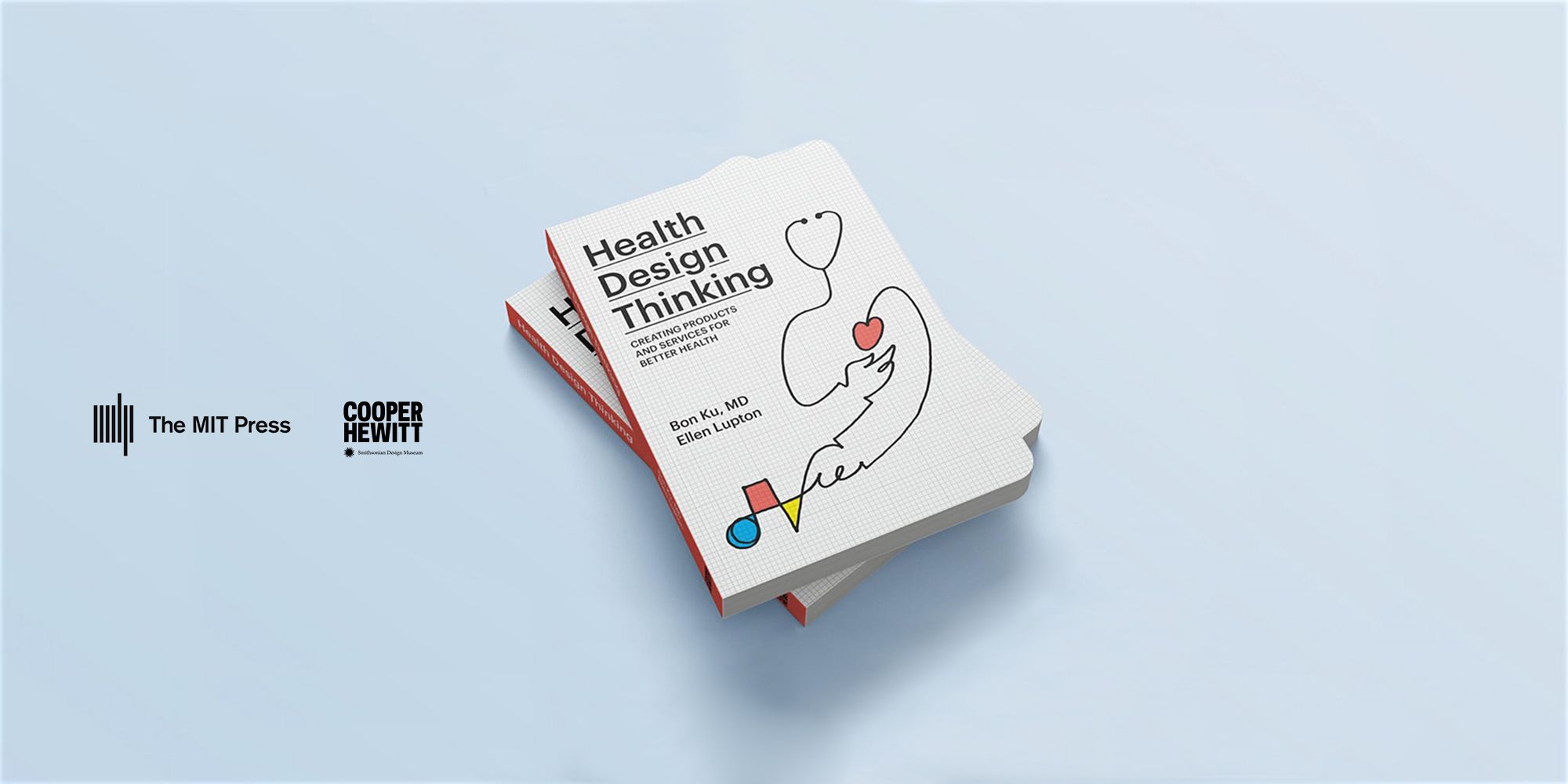
Applying the principles of human-centered design to real-world health care challenges, from drug packaging to early detection of breast cancer.

The MVP is a double-edged sword in that it focuses your engineering and product management priorities, but might steamroll user priorities. An MVP that misses 'desirable' will risk the unintended consequence of poor user adoption.
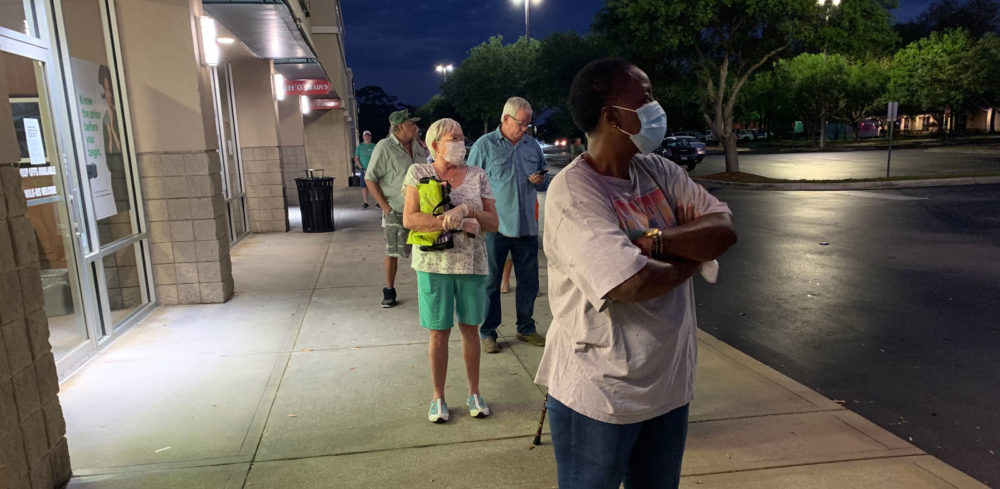
Fifth edition of features and articles on what may lie ahead.
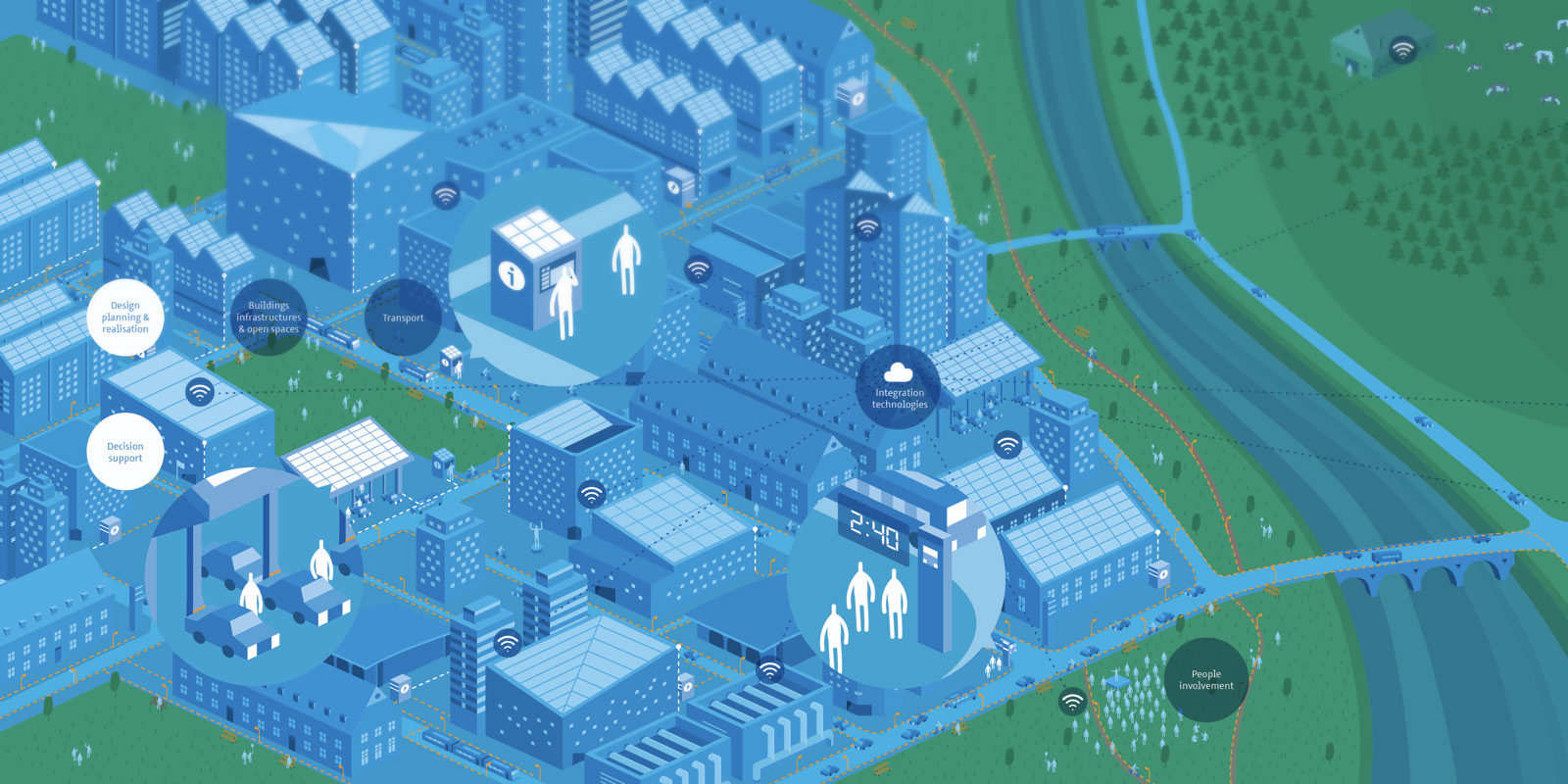
The Covid-19 pandemic is rapidly transforming our present and our future. What are researchers and designers learning that can help companies evolve their products and services to make them more robust within this fast changing context and market?

Job No. 1 for CEOs today is ensuring the company delivers a compelling customer experience, notes this opinion piece for Knowledge@Wharton by Mark Leiter.
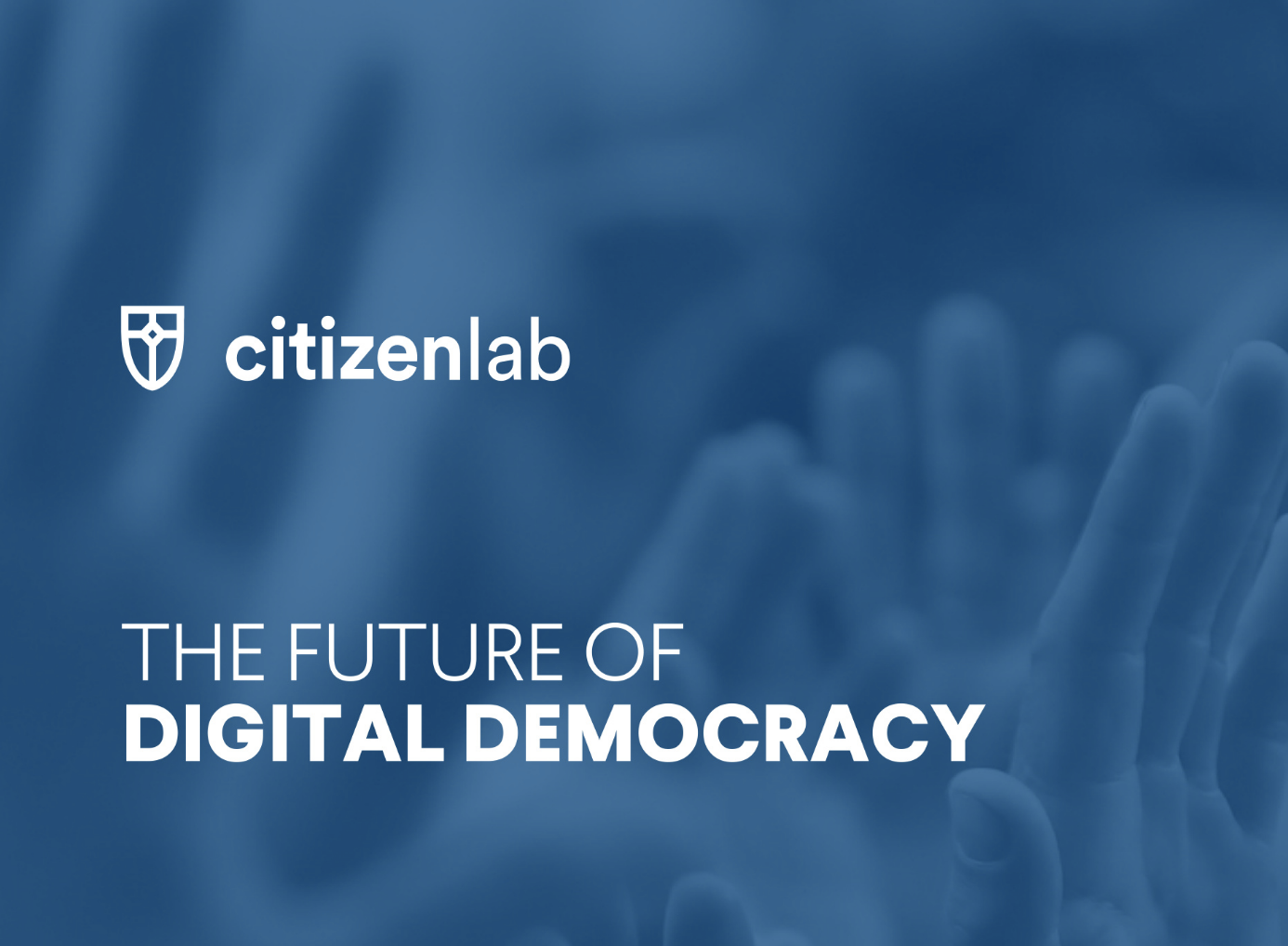
The Brussels-based digital participation platform CitizenLab asked 12 digital democracy experts to share their predictions on the future of digital democracy
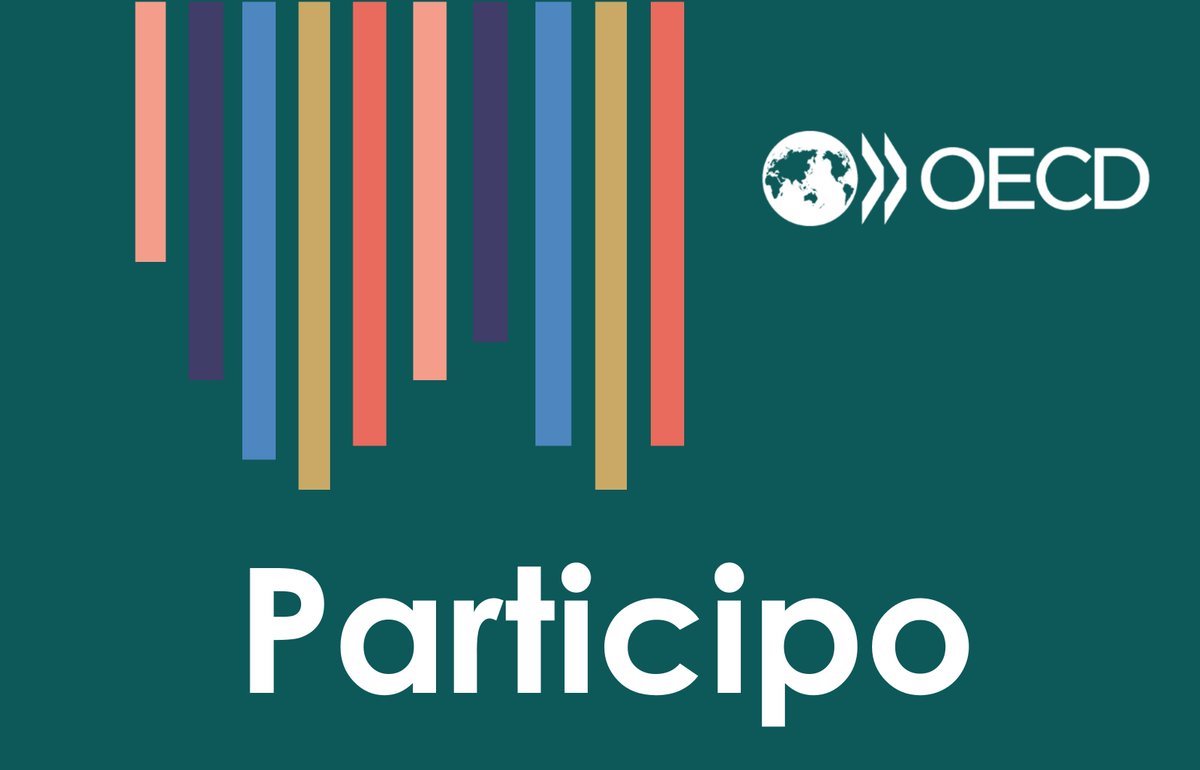
The first post, by Participo editor Claudia Chwalisz, reflects on how the OECD can help renew democracy in an age of complexity and disillusionment.

The design thinking approach offers many tools to design creative solutions to solve the most pressing problems affecting complex ecosystems such as cities. That's why it is important that policy makers are properly trained.

Tricia Wang of Sudden Compass pokes holes in big data hype, arguing for the course-correcting power of thick data. I share podcast highlights, such as her dismantling of "data-driven" infatuations.
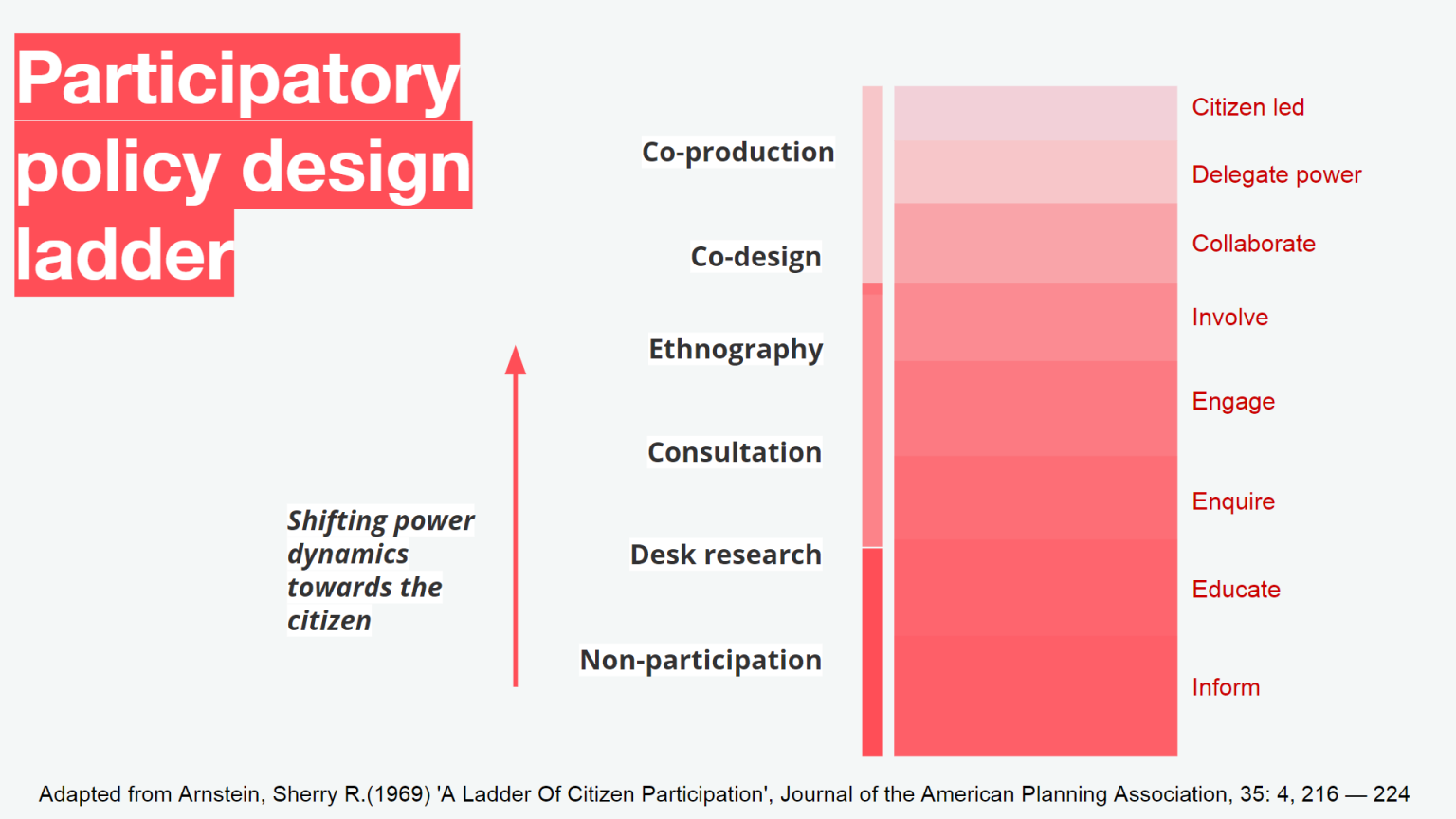
How might policymakers better understand citizens' perspectives when designing policy? Put another way, how should we improve and innovate the way policy is made to ensure it becomes more human-centred?

In this special issue, the New York Times Magazine has tried to see the internet and its likely future as best as they can, in the hope that - after decades as imagining it as a utopia, and then a few years as seeing it as a dystopia - we might finally begin to see it for what it is, which is a set of powerful technologies in the midst of some serious flux.
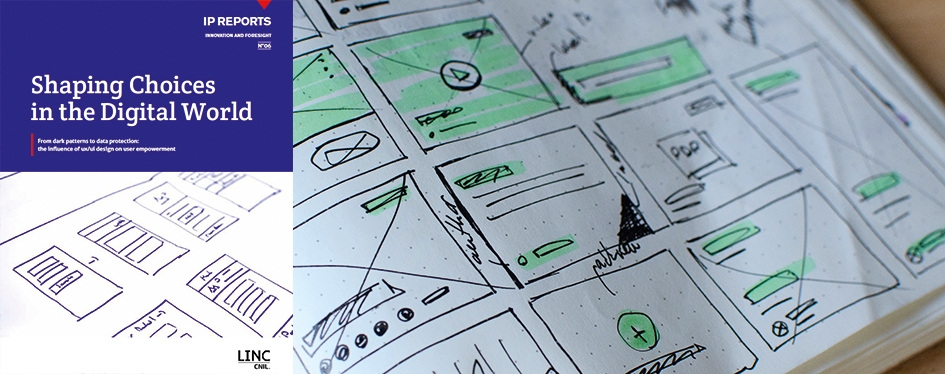
This report addresses the entire digital ecosystem by giving some operational recommendations to strengthen the control and choice to which users are entitled.



















